Sildenafil is a medication used to treat erectile dysfunction (ED) and other male sexual disorders. It is also used to improve blood flow to the penis during sexual activity. Sildenafil can cause side effects, some of which are serious. If you experience any side effects from sildenafil, please speak with your healthcare provider. In this article, we will discuss what you need to know about this medication, including its uses, dosage, and potential side effects.
Table of Contents
Defining Sildenafil citrate

Sildenafil citrate is a medication used to treat erectile dysfunction and pulmonary arterial hypertension. It is sold under the brand name Viagra among others. Sildenafil citrate is taken by mouth. It works by increasing blood flow to the penis during sexual stimulation. This helps you to achieve and sildenafilo 100mg precio españa maintain an erection.
The uses of Sildenafil citrate
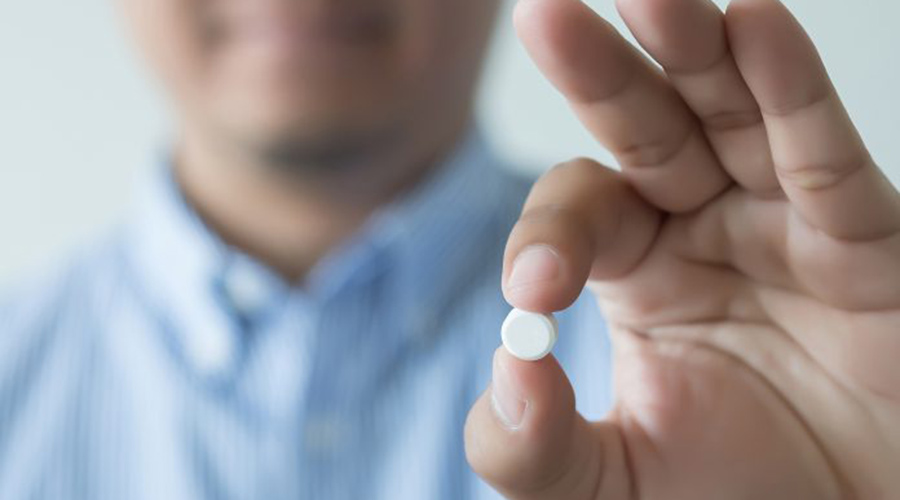
Sildenafil citrate, more commonly known as Viagra, is a medication that is used to treat erectile dysfunction. However, there are many other uses for sildenafil citrate that are not as well known. Sildenafil citrate can also be used to treat pulmonary arterial hypertension, a condition that causes high blood pressure in the lungs. It can also be used to improve exercise capacity in people with heart failure.
Additionally, sildenafil citrate can be used to improve symptoms of Raynaud’s phenomenon, a condition that causes the fingers and toes to turn white or blue when cold. However, sildenafil does not prevent pregnancy or the spread of sexually transmitted diseases such as human immunodeficiency virus (HIV).
Erectile dysfunction (ED)

Erectile dysfunction (ED) is a condition in which a man has difficulty getting or maintaining an erection. It can be caused by physical or emotional problems. Physical problems include heart disease, diabetes, high blood pressure, and obesity. Emotional problems include stress, anxiety, and depression. ED is a common problem. It affects about one in five men. It can occur at any age, but it is more common in older men. There are many treatments for ED. The most common treatment is medication. Medications include pills, injections, and implants. Other treatments include surgery and counseling.
Ways to treat erectile dysfunction
Erectile dysfunction is a common problem that many men face. There are many ways to treat this problem, and each man’s situation is different. Some treatments may work better than others for a particular man. Some of the common ways to treat erectile dysfunction include medication, surgery, and lifestyle changes.
There are a variety of medications that can be used to treat erectile dysfunction. The most common are phosphodiesterase type 5 inhibitors (PDE5 inhibitors), which include sildenafil (Viagra), tadalafil (Cialis), and vardenafil (Levitra). These medications work by increasing the amount of blood that flows into the penis, which helps men maintain an erection. Other medications that can be used to treat erectile dysfunction include alprostadil injections or urethral suppositories (MUSE), penile injections of papaverine, and intracavernosal prostaglandin E1 (alprostadil). Some men may also benefit from testosterone replacement therapy.
In addition, there are many lifestyle changes that can be made in order to treat erectile dysfunction. One of the most important is to quit smoking. Smoking damages blood vessels and can impede blood flow to the penis, making it difficult to get and maintain an erection. Another important change is to exercise regularly. Exercise helps improve circulation, which is important for getting and keeping an erection.
Diet also plays a role in treating erectile dysfunction. Eating a healthy diet that includes plenty of fruits, vegetables, and whole grains can help improve blood flow and overall health. Limiting processed foods and unhealthy fats can also be helpful. Finally, stress management is key in treating erectile dysfunction. Practicing stress-relieving techniques such as yoga or meditation can help reduce stress levels and improve overall health.
Taking Sildenafil for erectile dysfunction
Sildenafil is a drug that is used to treat erectile dysfunction. It is a phosphodiesterase type 5 inhibitor. This means that it blocks the enzyme that breaks down cGMP. cGMP is responsible for causing the smooth muscles in the penis to relax, which allows blood to flow in and create an erection. Sildenafil can be taken orally in the form of a pill or liquid.
Recommended dosage
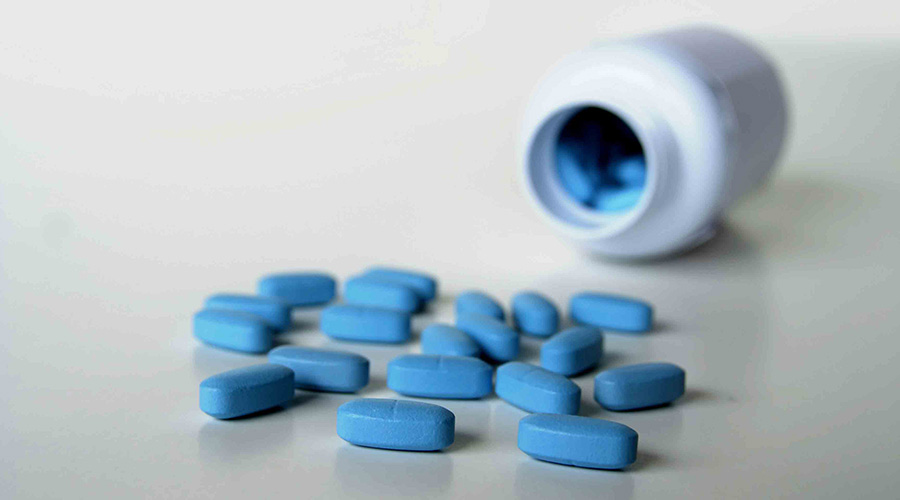
Sildenafil is a phosphodiesterase type 5 inhibitor that is prescribed for the treatment of erectile dysfunction. The recommended dosage of sildenafil for treating erectile dysfunction is 25 mg to be taken as needed 30 minutes to 1 hour before sexual activity. Sildenafil may be taken with or without food, but should not be taken with alcohol. Patients taking sildenafil should avoid excessive use of nitrates and other medications that are vasodilators.
Correct usage
Sildenafil is a medication that is prescribed to treat erectile dysfunction. It is important to understand how and when to take sildenafil in order to get the most benefit from the medication. Sildenafil should not be taken more than once per day, and it should not be taken with food. It is important to take sildenafil about an hour before sexual activity. The medication should be swallowed whole and not crushed or chewed.
Use sildenafil exactly as directed by your doctor. Do not use more of it and do not use it more often than your doctor ordered. If too much is used, the chance of side effects is increased. Special patient instructions comes with sildenafil. Read the directions carefully before you start using sildenafil and each time you get a refill of your medicine.
Precautions
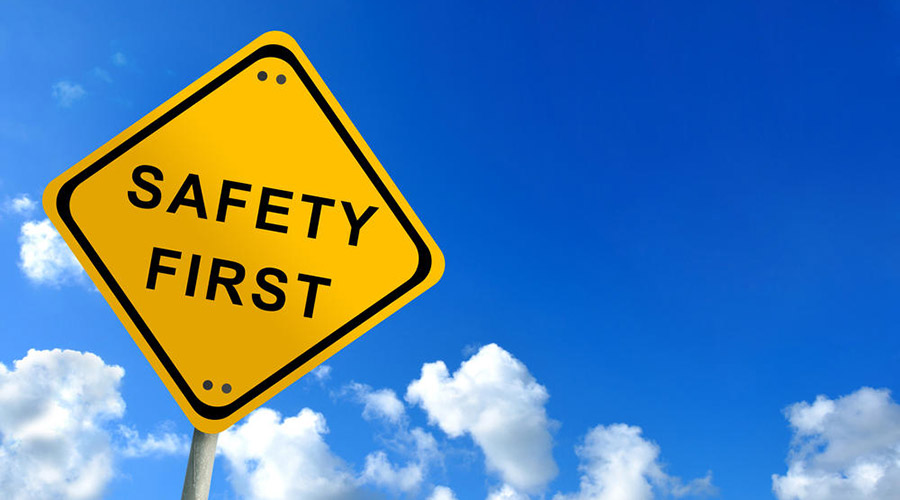
It is important that you tell all of your doctors that you take sildenafil. If you need emergency medical care for a heart problem, it is important that your doctor knows when you last took sildenafil. Do not use this medicine if you are also using a nitrate medicine, often used to treat angina or high blood pressure. Nitrate medicines include nitroglycerin, isosorbide, Imdur®, Nitro-Bid®, Nitro-Dur®, Nitrol® ointment, Nitrolingual® spray, Nitrostat®, and Transderm Nitro®. Some illegal (“street”) drugs called “poppers” (such as amyl nitrate, butyl nitrate, or nitrite). Do not use this medicine if you also use riociguat (Adempas®).
If you will be taking this medicine for pulmonary arterial hypertension, your doctor will want to check your progress at regular visits. This will allow your doctor to see if the medicine is working properly and to decide if you should continue to take it. If you take sildenafil for pulmonary arterial hypertension, do not take Viagra® or other PDE5 inhibitors, such as tadalafil (Cialis®) or vardenafil (Levitra®). Viagra® also contains sildenafil. If you take too much sildenafil or take it together with these medicines, the chance for side effects will be higher.
Sildenafil side effects
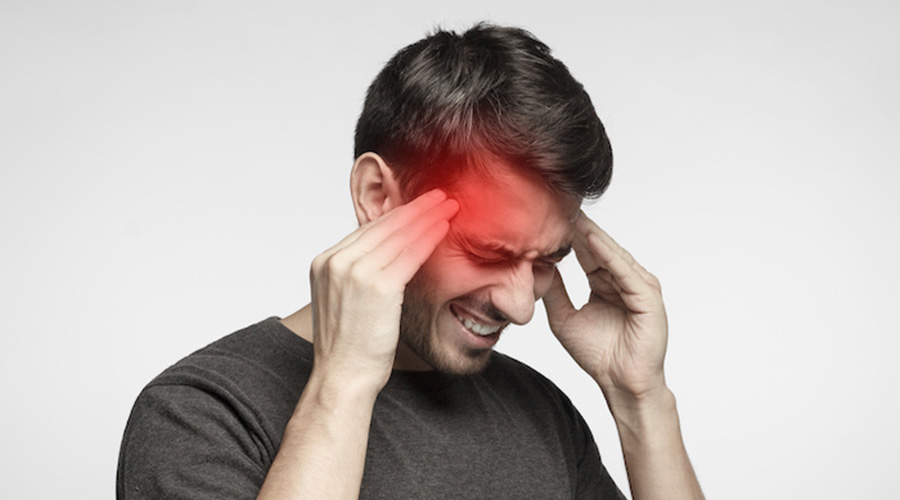
Dizziness, headache, flushing, or stomach upset may occur. Vision changes such as increased sensitivity to light, blurred vision, or trouble telling blue and green colors apart may also occur. If any of these effects last or get worse, tell your doctor or pharmacist promptly. To reduce the risk of dizziness and lightheadedness, get up slowly when rising from a sitting or lying position.
Remember that this medication has been prescribed because your doctor has judged that the benefit to you is greater than the risk of side effects. Many people using this medication do not have serious side effects. Sexual activity may put extra strain on your heart, especially if you have heart problems. If you have heart problems and experience any of these serious side effects while having sex, stop and get medical help right away: severe dizziness, fainting, chest/jaw/left arm pain, nausea.
Rarely, sudden decrease of vision, including permanent blindness, in one or both eyes (NAION) may occur. If this serious problem occurs, stop taking sildenafil and get medical help right away. You have a slightly greater chance of developing NAION if you have heart disease, diabetes, high cholesterol, certain other eye problems (“crowded disk”), high blood pressure, if you are over 50, or if you smoke.
When do Sildenafil side effects occur?
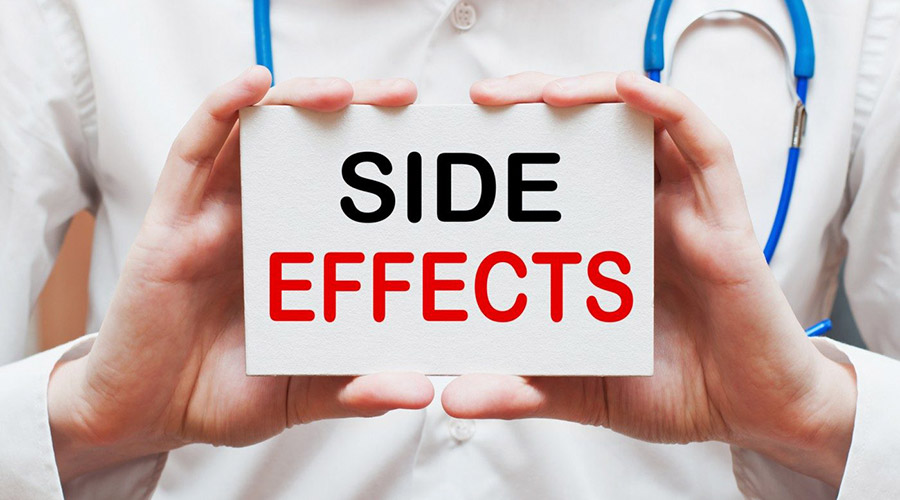
Sildenafil is a drug used to treat erectile dysfunction (ED) and pulmonary arterial hypertension (PAH). It is taken by mouth and works by increasing blood flow to the penis during sexual stimulation. Sildenafil can cause side effects such as headache, facial flushing, and nausea. These side effects usually occur within the first hour after taking the drug. Sildenafil is only absorbed into the bloodstream when it enters the blood vessels in your penis.
How do you manage the side effects of Sildenafil?
Sildenafil is a drug that is used to treat erectile dysfunction. It is a phosphodiesterase type 5 inhibitor. Sildenafil can cause some side effects. These side effects can be managed through these tips:
- Dizziness. If you feel dizzy after taking Viagra, this can usually be eased by lying down and resting. Then, get up slowly when the dizziness passes. Drinking plenty of fluids may also help. If you feel dizzy with Viagra, drinking alcohol and smoking can make this side effect worse.
- Indigestion. If Viagra upsets your stomach, it can help to take it with food. But it’s important to note that this might mean the drug takes longer to work. Over-the-counter antacids may help relieve indigestion. You can ask your pharmacist to recommend a suitable product.
- Flushing. To cool down a hot flush, you could open a window, turn on a fan, or have a cold drink. It can also help to lie down and rest. It you have flushing with Viagra, drinking alcohol can make this worse.
- Back or muscle pain. If you have body aches after taking Viagra, resting or gentle massage may help. If the pain is troublesome, try an over-the-counter pain reliever. You can ask your pharmacist to recommend a suitable product.
Is Sildenafil citrate safe?
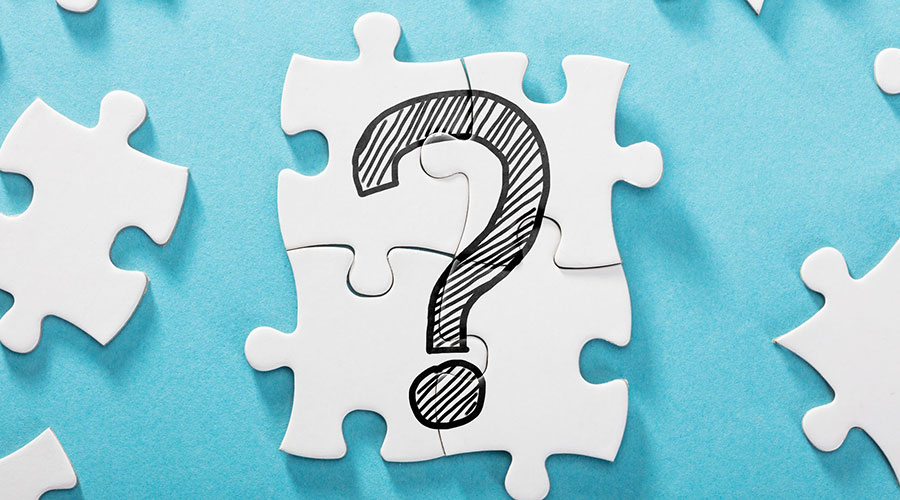
Sildenafil citrate, more commonly known as Viagra, is a medication that is used to treat erectile dysfunction. It is a phosphodiesterase type 5 inhibitor, which means that it works by preventing the breakdown of cGMP, a chemical that is responsible for causing the blood vessels in the penis to dilate. This results in an improved blood flow and an erection. Sildenafil is a safe medication when it’s used as directed. Tens of millions of men of all ages and backgrounds use it and similar ED medications on a regular basis, with serious side effects very uncommon.
Although sildenafil is a safe medication when it’s used as directed, it has the potential to interact with certain other medications. In some cases, these interactions may be dangerous. For example, sildenafil and other ED medications can interact with nitrates, alpha blockers and other medications used to treat high blood pressure and heart disease. When these medications are used together, they can cause a sudden, severe decrease in blood pressure that may result in dizziness, fainting, or lead to serious, life-threatening cardiovascular events such as heart attack or stroke.
Inference
In conclusion, sildenafil is a very safe and effective medication when used as prescribed. However, there are some potential side effects that can occur, which can usually be managed with simple steps. If any side effects occur, it is important to speak to your doctor as soon as possible.
FAQ’s
What are the dangers of sildenafil?
Sildenafil, most commonly known by the brand name Viagra, is a medication used to treat erectile dysfunction and pulmonary arterial hypertension. While sildenafil can be a lifesaving medication for some people, it can also be dangerous if not taken correctly. Sildenafil can cause serious side effects, such as low blood pressure and heart problems, and can be deadly if taken with certain other medications. It is important to only take sildenafil as prescribed by a doctor and to notify a doctor immediately if any adverse effects occur.
Is it OK to take sildenafil every day?
Sildenafil is a drug that is used to treat erectile dysfunction and pulmonary hypertension. The drug works by increasing the amount of blood that flows to the penis, which helps men to maintain an erection. Some people wonder if it is safe to take sildenafil every day.
Studies have shown that sildenafil is safe to take every day for up to 12 weeks. The drug has been found to be effective and well tolerated in men who take it on a daily basis. In fact, many men find that they experience better erections when they take the drug every day.
There are some risks associated with taking sildenafil every day, however. Common adverse reactions reported include redness of the skin, sneezing, stomach discomfort after meals, headaches, dizziness, decrease in frequency of urination, decreased vision difficulty, and flushing. It can also cause low blood pressure and heart problems in some people.
How long does it take for sildenafil to kick in?
Sildenafil citrate, more commonly known as Viagra, is a medication used to treat erectile dysfunction (ED). When taken as prescribed, sildenafil usually begins to work within 30 minutes and lasts for up to four hours. However, there are several factors that can influence how long it takes for the medication to kick in. These include: how long you have been suffering from ED, how old you are, your overall health, and whether you’re taking other medications and/or supplements. If you’ve had trouble having an erection for some time, it may take longer to notice a change.
Does sildenafil give you a hard on?
Sildenafil is a drug used to treat erectile dysfunction. It is also known as Viagra. Some people use it to get a “hard on.” However, there is no evidence that it actually works for this purpose. In fact, sildenafil can actually be dangerous if taken without a healthcare professional prescription and supervision.

